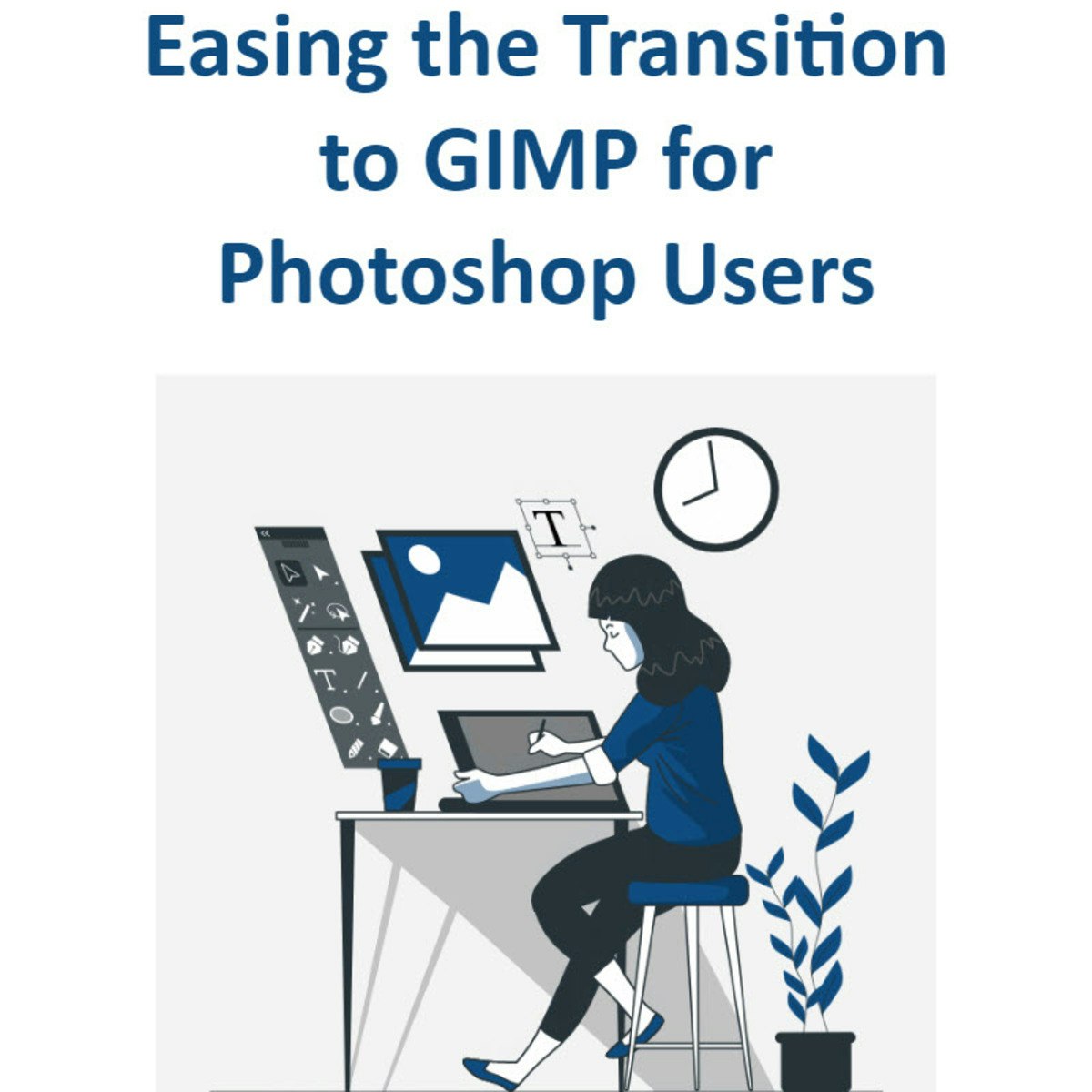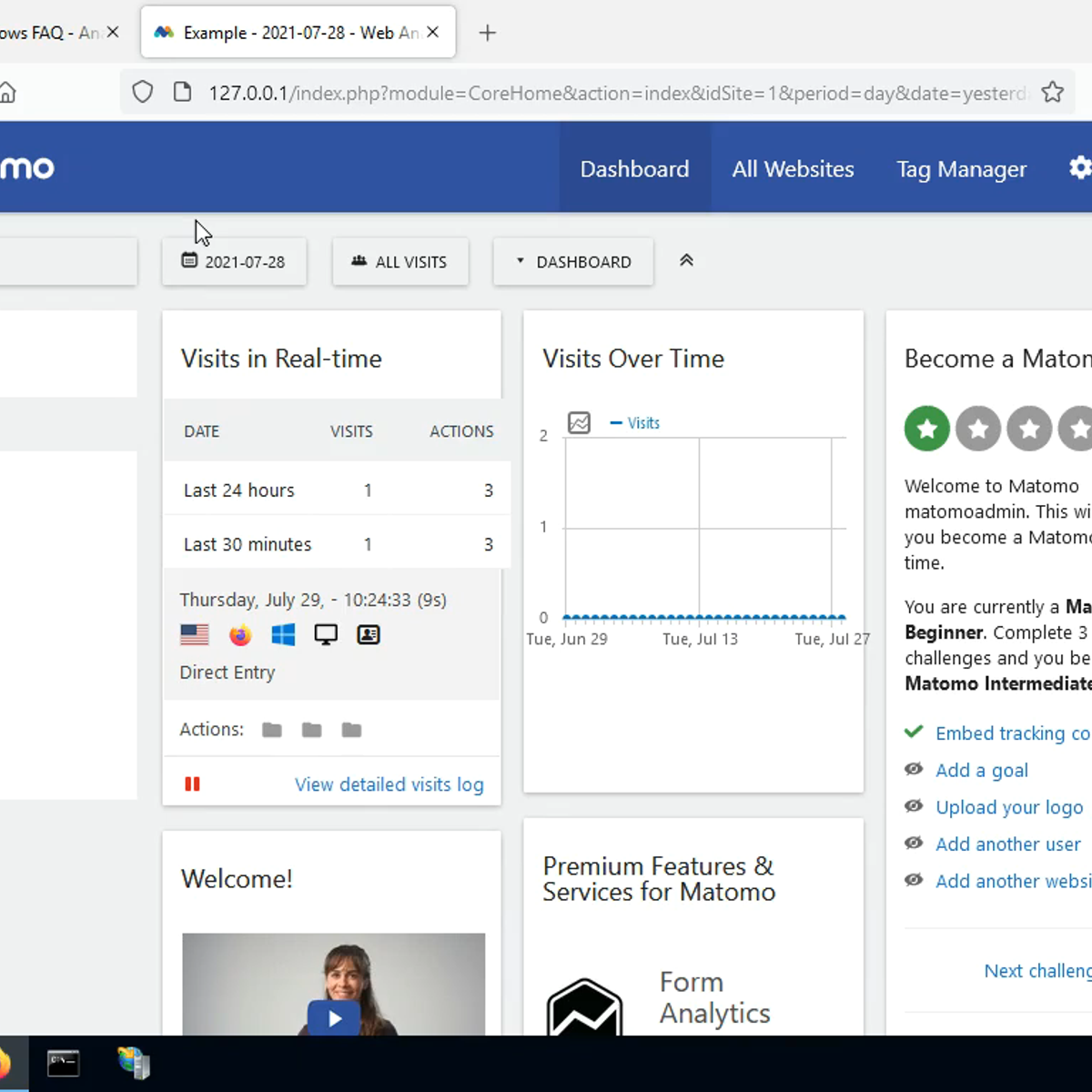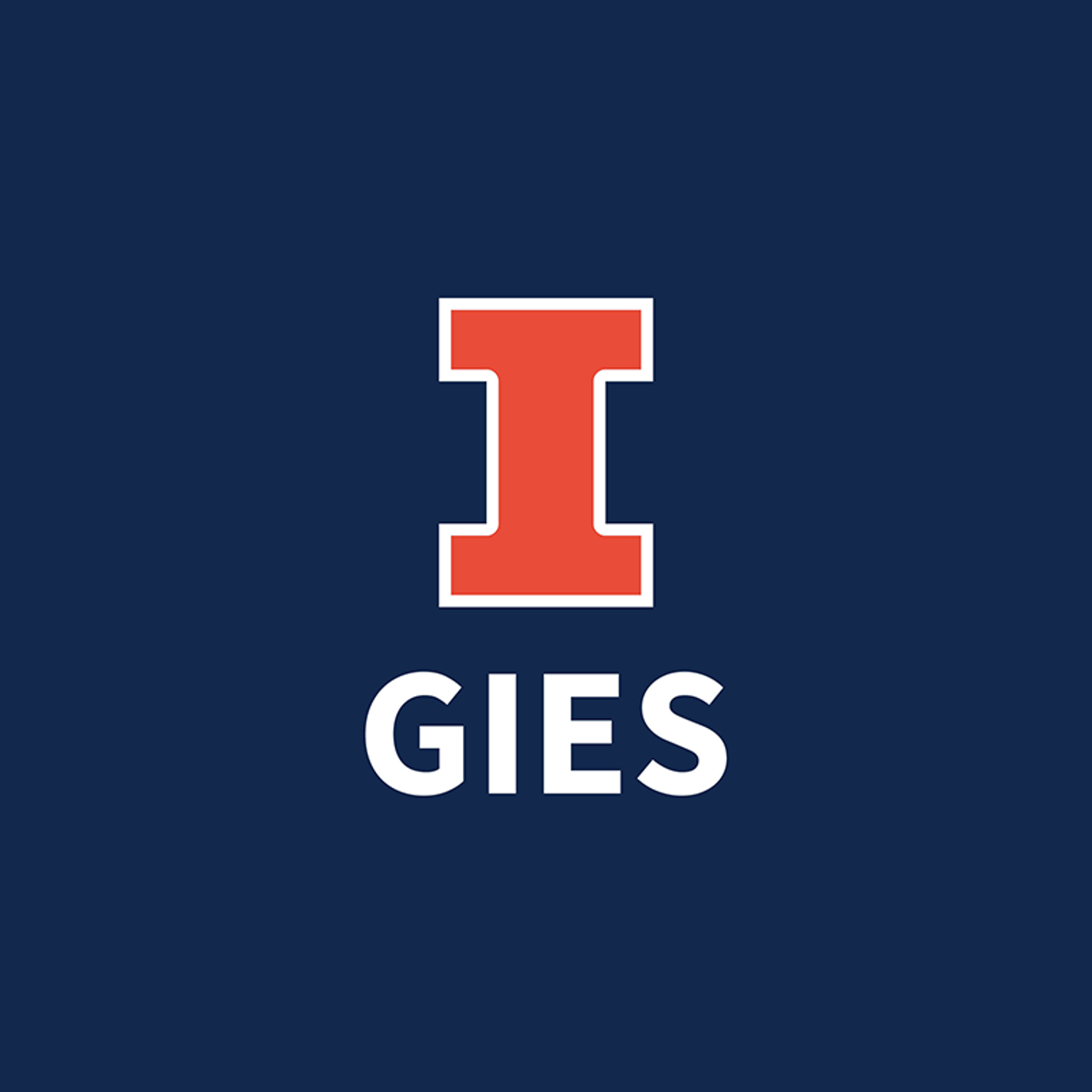Back to Courses









Marketing Courses - Page 19
Showing results 181-190 of 479

Recommender Systems Capstone
This capstone project course for the Recommender Systems Specialization brings together everything you've learned about recommender systems algorithms and evaluation into a comprehensive recommender analysis and design project. You will be given a case study to complete where you have to select and justify the design of a recommender system through analysis of recommender goals and algorithm performance.
Learners in the honors track will focus on experimental evaluation of the algorithms against medium sized datasets. The standard track will include a mix of provided results and spreadsheet exploration.
Both groups will produce a capstone report documenting the analysis, the selected solution, and the justification for that solution.

How to fulfill orders on Facebook
In this guided project, you will learn how to use Facebook Marketplace to buy and sell items on the platform, list items for sale through creating a new listing and selecting different available options, ship your own orders after creating your lists of products, and understanding the payment methods.
By the end of this project, you will have learned how to use Facebook Marketplace, buy and sell products on Facebook, and build your own marketing portfolio.

Meta Social Media Marketing Capstone
In this capstone course, you will practice creating a presentation on the marketing campaign you’ve been developing throughout the program with a project where you will gain hands-on experience with communicating results and formulating recommendations based on the results of a social marketing campaign. In addition, you will sign up for and take the Meta Digital Marketing Associate Certification Exam and receive your Digital Marketing Associate Certification from Meta. After successfully completing your project and passing the Meta exam, you will receive your Coursera certificate of completion for the Meta Social Media Marketing Professional Certificate Program.
By the end of this course, you will be able to:
• Present and communicate the results of a campaign to a team
• Complete the Digital Marketing Associate Certification Exam
This course is for people who have completed all 5 previous courses of the Meta Social Media Marketing Professional Certificate and are ready to take their Digital Marketing Associate Certification Exam and complete a Capstone project to receive their Meta Social Media Marketing Professional Certificate.
In order to take the exam, learners must have access to a Mac or PC with a webcam.

Use Canva to Create Social Media Visuals for Business
By the end of this project, you will create six social media visuals(Facebook Cover, Facebook Post, YouTube Thumbnail, YouTube Channel Art, Instagram Post and Twitter Header) for your business. These visuals are shareable across other social media channels. This course will include an introduction to Canva, how to create social media visuals from scratch by keeping one business theme in mind and prepare them for publishing.
Note: This course works best for learners who are based in the North America region. We’re currently working on providing the same experience in other regions.

Easing the Transition to GIMP for Photoshop Users
In this project, you learn about setting up GIMP to work more like Photoshop. You will learn how to make the GIMP desktop similar to Photoshop’s desktop. You will become familiar with GIMP’s tools and how they compare to Photoshop’s tools. You will learn how to make GIMP’s keyboard shortcuts be similar to Photoshop’s keyboard shortcuts. Plus, you’ll create a digital poster by completing a few common editing techniques, and comparing these steps to what you are familiar with in Photoshop.
Note: This course works best for learners who are based in the North America region. We’re currently working on providing the same experience in other regions.

Drawing with the Pen Tool in Adobe Illustrator
After completing this project, you will be able to create any custom shape using the Pen Tool in Adobe Illustrator. First, you will learn how to navigate through Adobe Illustrator. Then you will learn how to add any picture or photo and how to add layers to your artboard before you will learn how to use the Pen Tool for straight lines. Additionally, you will learn how to use curved lines with the Pen Tool and to adjust your anchor points to make sure your drawing of your shape is as accurate as possible. You will also be able to add a fill as well as details to your custom shape.
The aim of this project is to familiarize you with the Pen Tool and its different options. By the end of this project, you will have created a custom shape using the Pen Tool with guidance and you will also be able to create one on your own.

Statistics for Marketing
This course takes a deep dive into the statistical foundation upon which Marketing Analytics is built. The first part of this course is all about getting a thorough understanding of a dataset and gaining insight into what the data actually means. The second part of this course goes into sampling and how to ask specific questions about your data. Finally, the third part is about answering those questions with analyses. Many of the mistakes made by Marketing Analysts today are caused by not understanding the concepts behind the analytics they run, which causes them to run the wrong test or misinterpret the results. This course is specifically designed to give you the background you need to understand what you are doing and why you are doing it on a practical level.
By the end of this course you will be able to:
• Understand the concept of dependent and independent variables
• Identify variables to test
• Understand the Null Hypothesis, P-Values, and their role in testing hypotheses
• Formulate a hypothesis and align hypotheses with business goals
• Identify actions based on hypothesis validation/invalidation
• Explain Descriptive Statistics (mean, median, standard deviation, distribution) and their use cases
• Understand basic concepts from Inferential Statistics
• Explain the different levels of analytics (descriptive, predictive, prescriptive) in the context of marketing
• Create basic statistical models for regression using data
• Create time-series forecasts using historical data and basic statistical models
• Understand the basic assumptions, use cases, and limitations of Linear Regression
• Fit a linear regression model to a dataset and interpret the output using Tableau and statsmodels
• Explain the difference between linear and multivariate regression
• Run a segmentation (cluster) analysis
• Describe the difference between observational methods and experiments
This course is designed for people who want to learn the basics of descriptive and inferential statistics and analytics in marketing.
Learners don't need marketing or data analysis experience, but should have basic internet navigation skills and be eager to participate. Ideally learners have already completed course 1 (Marketing Analytics Foundation) and course 2 (Introduction to Data Analytics) in this program.

Install and use Matomo on Windows IIS server
Learn how to install and use Matomo, leading free open source web analytics software, on Windows IIS server for local testing or production

How to leverage tweet ideas on Twitter
In this 1-hour long guided tutorial, you will learn how to leverage tweet ideas on Twitter.
Note: This tutorial works best for learners who are based in the North America region. We're currently working on providing the same experience in other regions.
Marketing in a Digital World
This course examines how new digital tools, such as the Internet, smartphones, and 3D printing, are revolutionizing the world of marketing by changing the roles and practices of both firms and consumers. Marketing in a Digital World is one of the most popular courses on Coursera with over 500,000 learners and is rated by Class Central as one of the Top 50 MOOCs of All Time (https://www.class-central.com/report/top-moocs/).
You will be able to:
• Understand how digital tools are changing the nature of marketing
• Explain how digital tools allow consumers to take a more active role in product development, promotion, placement, and pricing activities
• Obtain a new set of concepts, tools, and stories to enhance your digital marketing efforts
This course is part of Gies College of Business’ suite of online programs, including the iMBA and iMSM. Learn more about admission into these programs and explore how your Coursera work can be leveraged if accepted into a degree program at https://degrees.giesbusiness.illinois.edu/idegrees/.
Popular Internships and Jobs by Categories
Find Jobs & Internships
Browse
© 2024 BoostGrad | All rights reserved